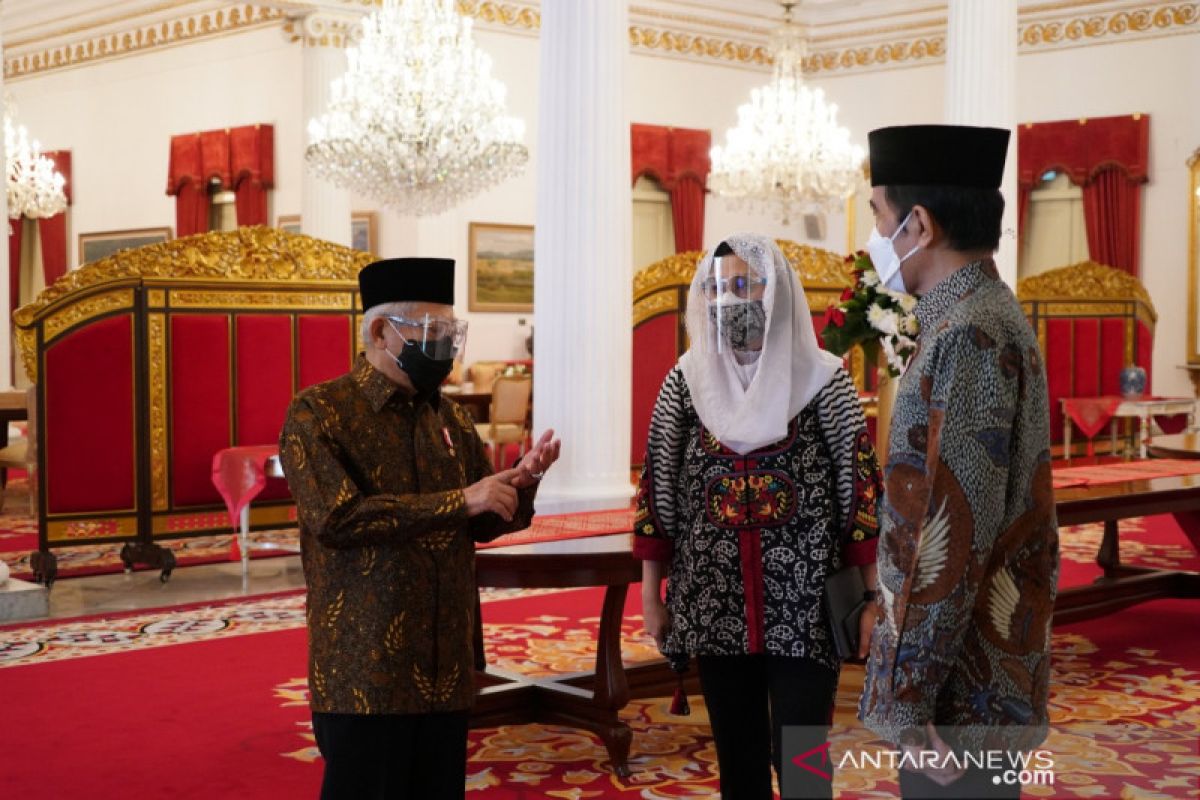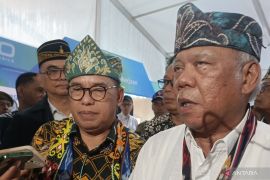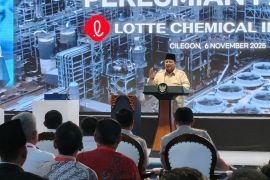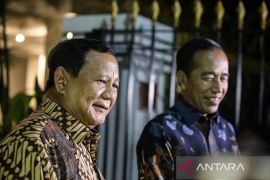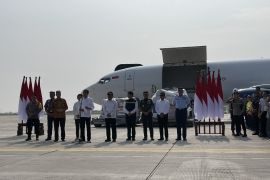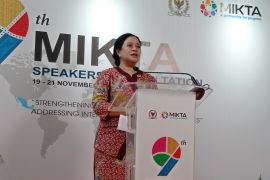"Sharia economy still has enormous potential to be developed. Sharia economic development is not only being conducted by countries, with a Muslim-majority population, but also by other nations, such as Japan, Thailand, Britain, and also the United States," Jokowi noted here on Monday.
Hence, the head of state highlighted the importance for Indonesia to seize this opportunity.
The head of state emphasized that Indonesia should continue to encourage acceleration of the development of the national sharia economy and finance.
"We must prepare ourselves to become a hub for a global sharia economy," he stated.
Related news: Sharia economy highly resistant to crisis: economist
Jokowi believes Indonesia still has a lot of homework to do, including the need to improve the country's Islamic economic literacy index that is still low, notably at around 16.2 percent.
"It is low. A lot of room still exists to increase the people's understanding. Several opportunities still need to be optimized," he remarked.
The nation should also bring about improvements in several other areas, including the halal value chain in the real sector that supports micro-, small-, and medium-scale enterprises (MSMEs) and the development of creative economy, Jokowi noted.
"We are strengthening the sharia economy by building one of the largest Islamic banks in Indonesia. We have targeted it to be completed, In Syaa Allah, in February," he stated.
Furthermore, Indonesia builds micro waqf banks at various places and strengthens infaq, alms, and waqf bodies to support economic empowerment of the people. Related news: COVID-19 may lend impetus to sharia economy: Thohir
Translator: Hanni Sofia, Fardah
Editor: Rahmad Nasution
Copyright © ANTARA 2021
